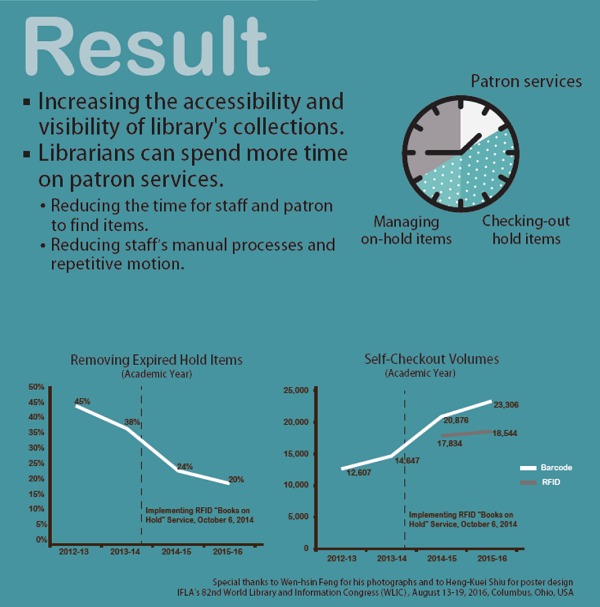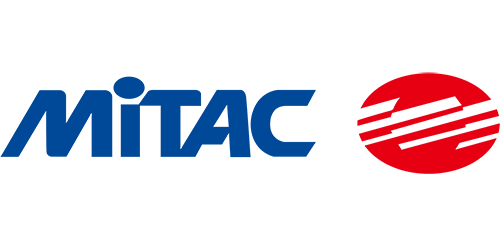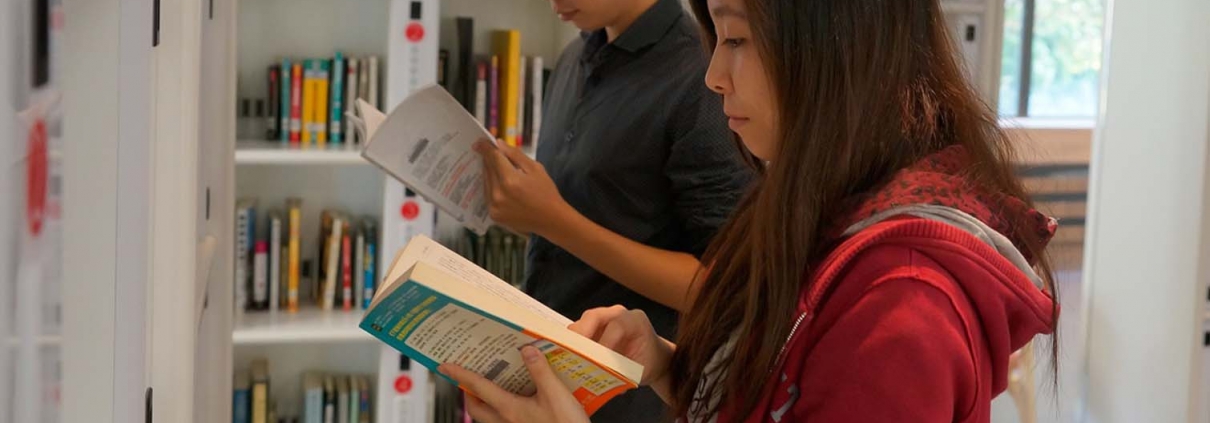Tamkang University : The 80 20 rule introducing UHF RFID for delivering holds into the waiting students’ hands in a breeze
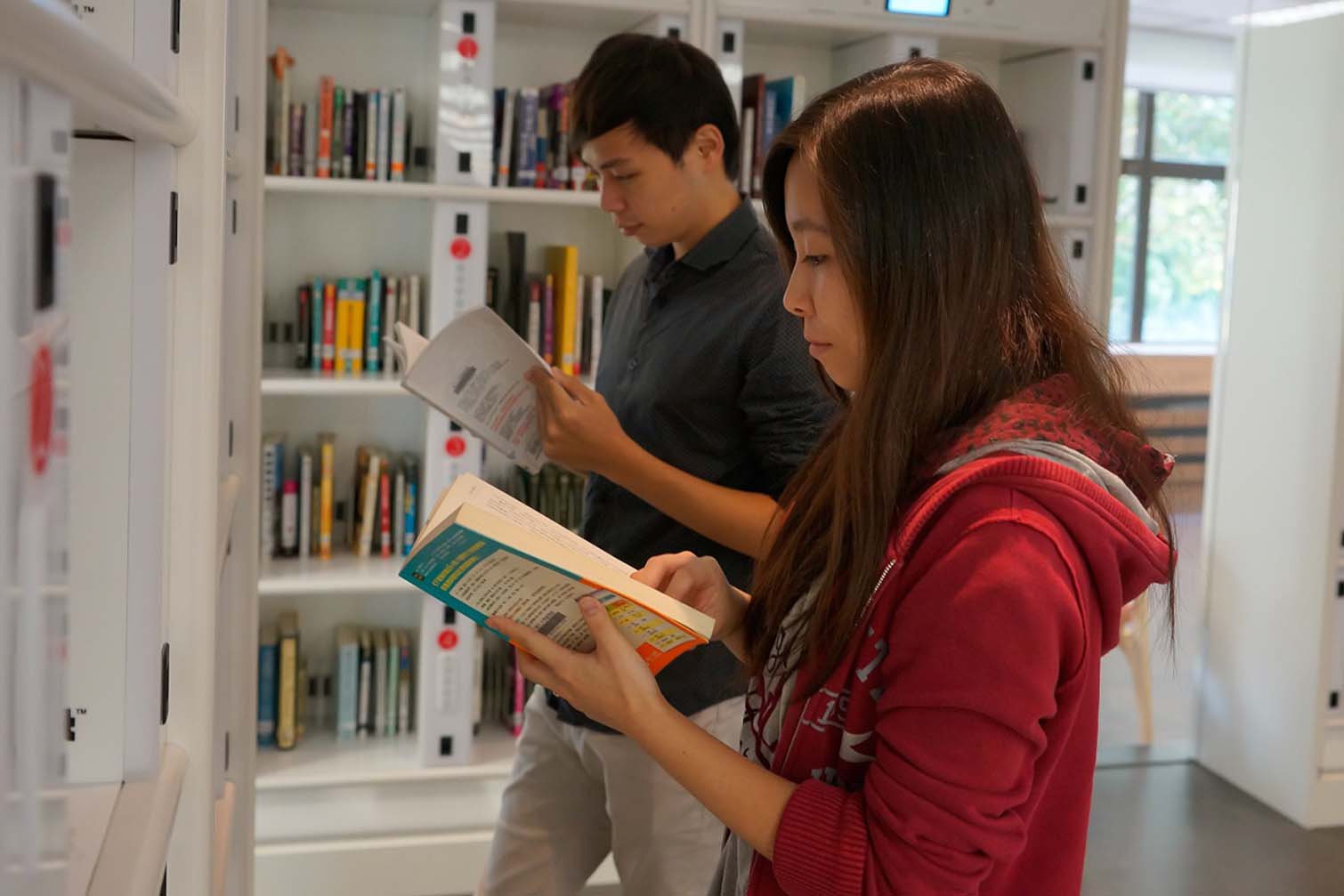
Tamkang University founded in 1950, is the oldest private institution of higher education in Taiwan, serving nearly 30,000 students on four campuses. The university’s Chueh Sheng Memorial Library is home to more than a million printed books, over two million electronic books, and several hundred databases, is top 50 universities in Asia.
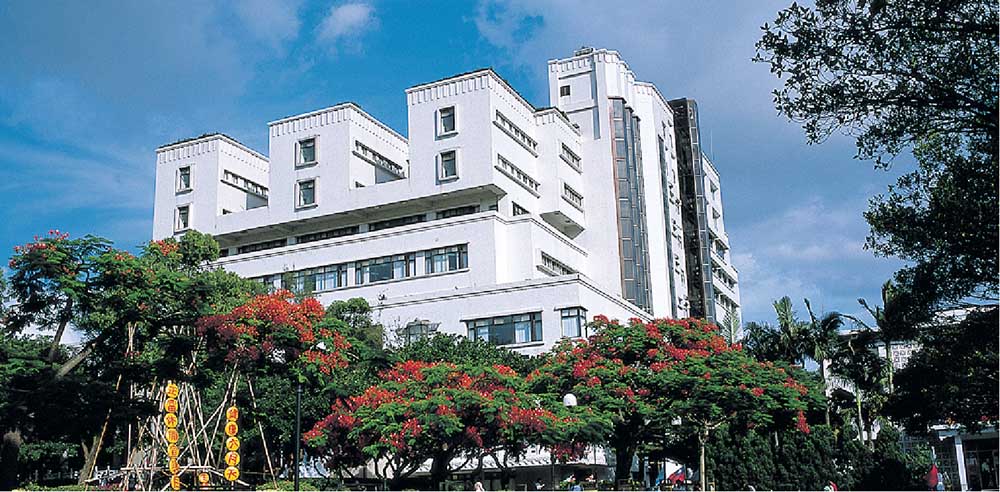
Long Waiting List of Reservation
True to the motto “You enter a new world every time you open a book,” it is essential to make sure every student have the opportunity to reach every single collection in the library. Tamkang University (TKU) library team looked into the problem of a long waiting list that restricted students from reaching the popular titles.
Holds circulation was growing steadily at the rate of 12%, but 45% of reservation requester haven’t picked up their holds. Staffs can only watch the hot items pile up in the office awaiting pick up for seven days pick up period once again. That notably reduced the accessibility and visibility of library collections and hugely consumed staff times on managing holds.
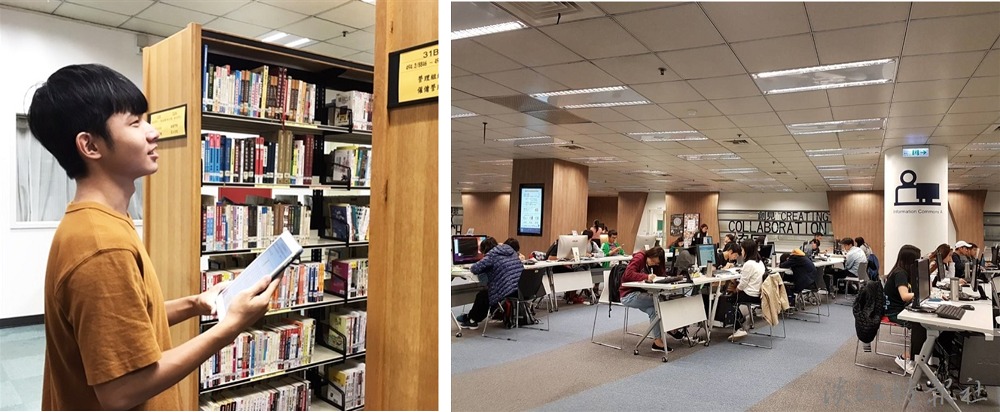
Selected the right solution to tackle the problem
In March 2014, TKU determined to find a way to tackle the problem make holds more accessible for students. In the beginning, there was a service provider suggested library to purchase four more self-service kiosks, but library team found it not a perfect solution to tackle the problem. Later, TKU library team visited the National Tsing Hua University library who introduced MiTAC’s smart bookshelf, they saw it as an ideal solution.
Smart bookshelf solution allows patrons to pick up their holds in a breeze and freely browser popular titles reserved by other patrons. Being that smart bookshelf solution is modular, an additional shelf can be added in the future if holds circulation rate continues growing up.
However, TKU had a struggled introducing UHF RFID system to all library collections, as there was a budget restriction. MiTAC project team worked with TKU to review the past years holds circulation records and observed that more or less 20% library collections have once reserved. Thus we proposed to convert 20% collections only from EM to RFID, with a detailed SOP to guide staff on how to work with both EM and RFID systems at the same time.
Offering Convenient Access with Smart Bookshelf
In 2014 October, TKU officially launched smart Bookshelf solution to offer students “Book on Hold” service.
“Book on Hold” service provides an area where store holds and allow patrons to browse popular titles and pick-up hold items. Patrons can simply tap their library card on holds enquiry station, then follow the indicator light on smart bookshelf to locate their hold items and check it out in a breeze at a nearby self-service station. More than that, now, the popular titles are open for patrons to browse while waiting for the reservation requestor to pick it up. Once patrons find the book that they are interested in, they can instantly reserve it via holds. In all, TKU installed five sets of smart bookshelf, a security gate, a holds enquiry station and a self-checkout station to facilitate a self-pickup area.
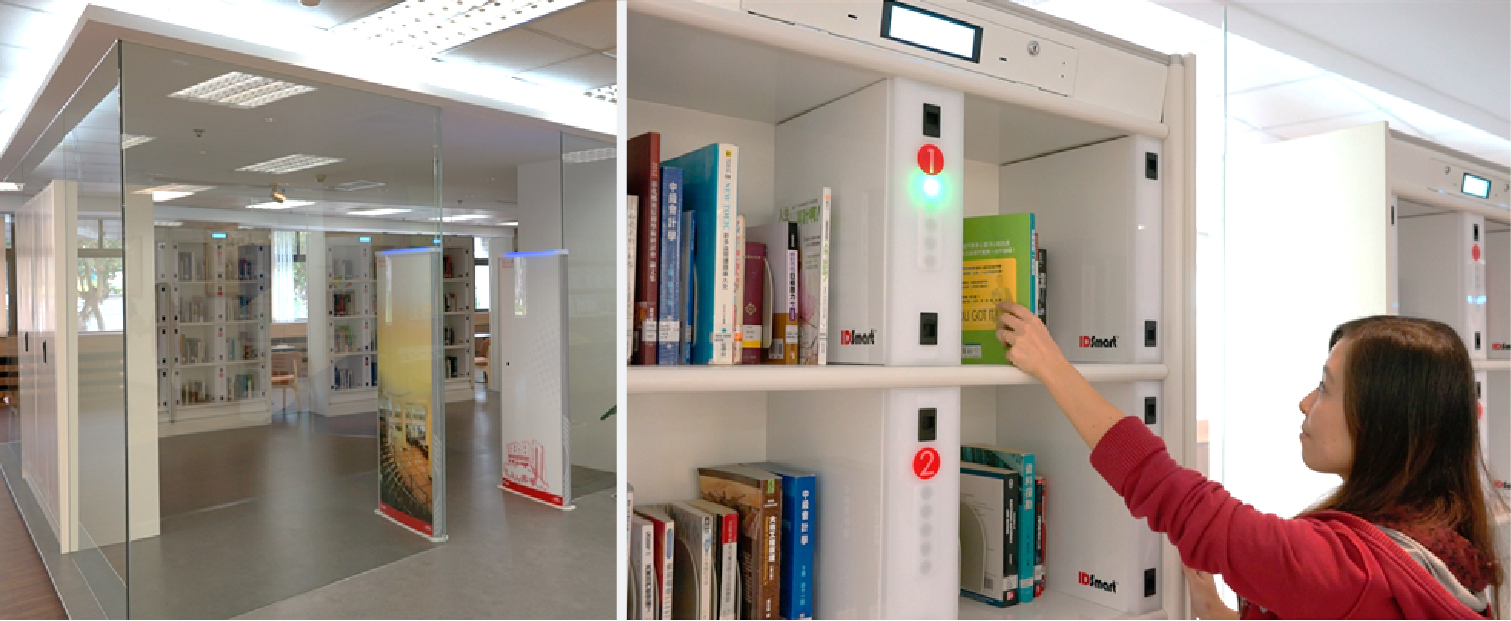
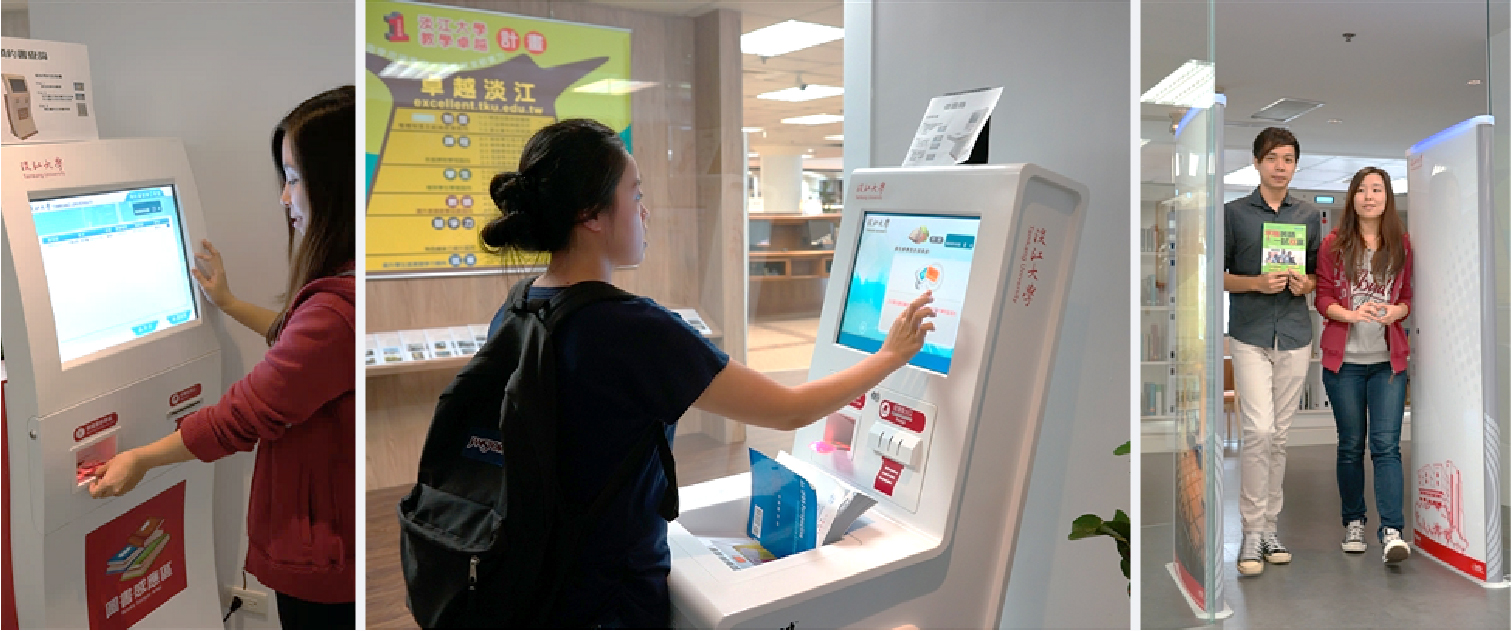
MiTAC smart bookshelf solution has successfully extended visibility and accessibility of popular titles. “We got a lot of positive feedback from our patrons. No matter our students and faculties or colleagues, they are really impressive our service,” says Mrs. Song, the director of TKU Library.
Shortlisted poster design at IFLA
The effort put into the smart bookshelf implementation has paid off in spades. In August 2016, TKU proposed poster ‘Book Reserved and Retrieval in a Breeze:implementing RFID “books on hold” service in Tamkang University Library’ is accepted for poster award of the IFLA’s 82nd World Library and Information Congress’.
The library self pick up area have been so successful that continually reducing the annual expired holds rate from 38 to 20%. Beyond offering convenient service to students, it also saves staffs time from finding and managing holds. Enabling staffs to be more focus on patron services.
As a pioneer of introducing UHF RFID based facilities in a using EM security system library, TKU debunked the myth that introducing RFID is time-consuming and burning up a lot of money. It took one month to complete the project, including converting 20% collection to RFID and installing multiple devices.
In future, TKU strives to stay current and flexible and is exploring possibilities for extended self-checkout service of non-printed collections.
